It starts at the community level. We partner with local advocates and leaders to build parks, protect land, and preserve history that will benefit all Georgians and the natural environment. We believe that nature-based solutions—such as adding trees in hot areas, designing parks that capture stormwater, and protecting green spaces from development—are essential to helping communities connect to the outdoors while becoming more resilient to extreme weather events.
Now that you know a bit about how we do what we do, test your knowledge of TPL’s work in Georgia.
Click “Show Answer” to see if you are correct!
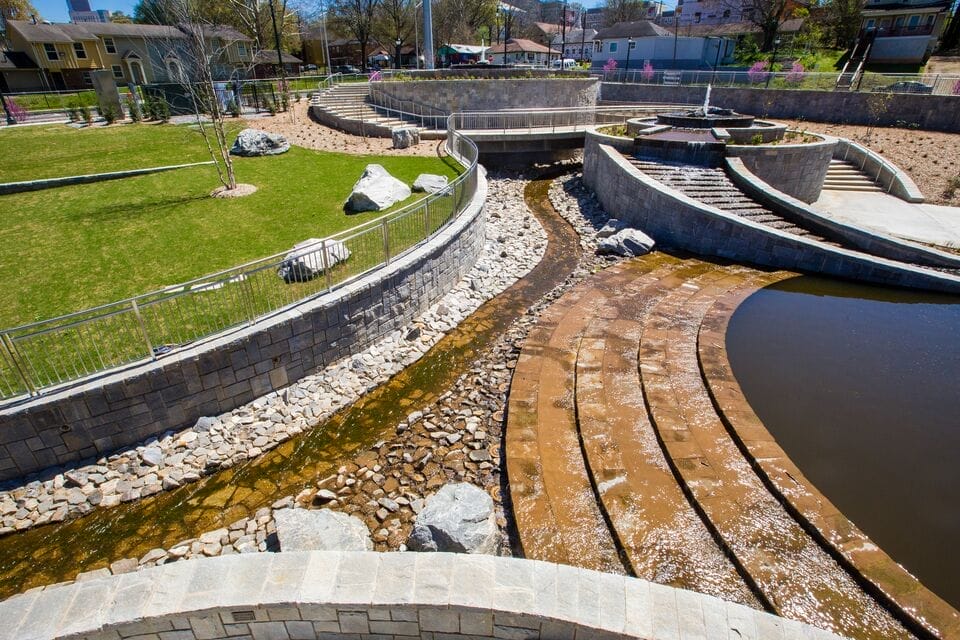
Earlier and longer hurricane seasons, stronger tropical storms, and more flash flooding are creating devastating storms that many communities—especially those in low-income or minority neighborhoods—are not equipped to handle.
Click “Show Answer” to see if you are correct!
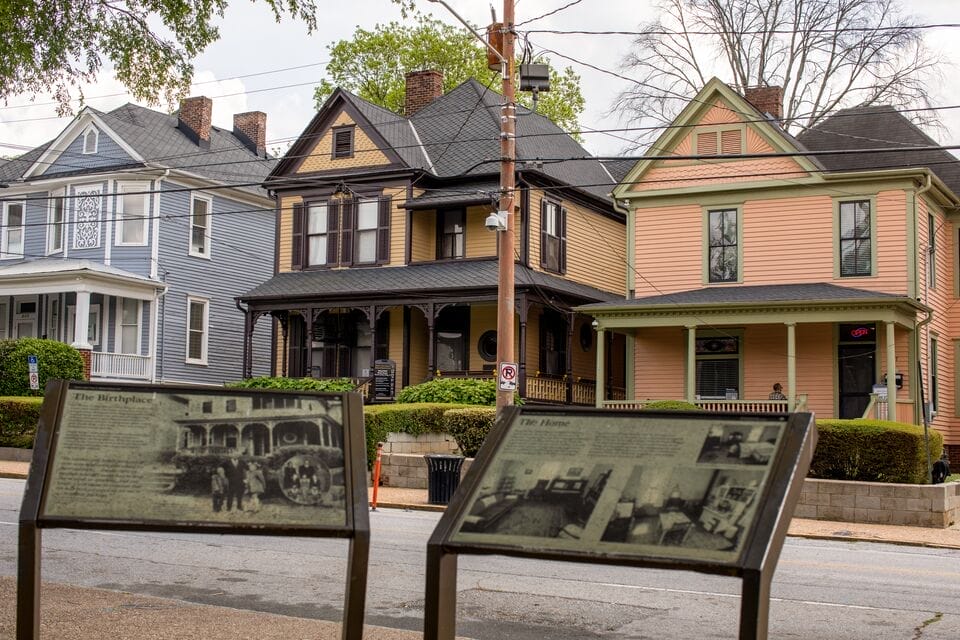
The fact that only 3 percent of nearly 100,000 national historic sites tell the story of Black Americans is the result of systemic racism. In the United States, our approach to identifying, preserving, and interpreting historic places has not reflected our country’s complicated racial—and racist—past or present.
Click “Show Answer” to see if you are correct!
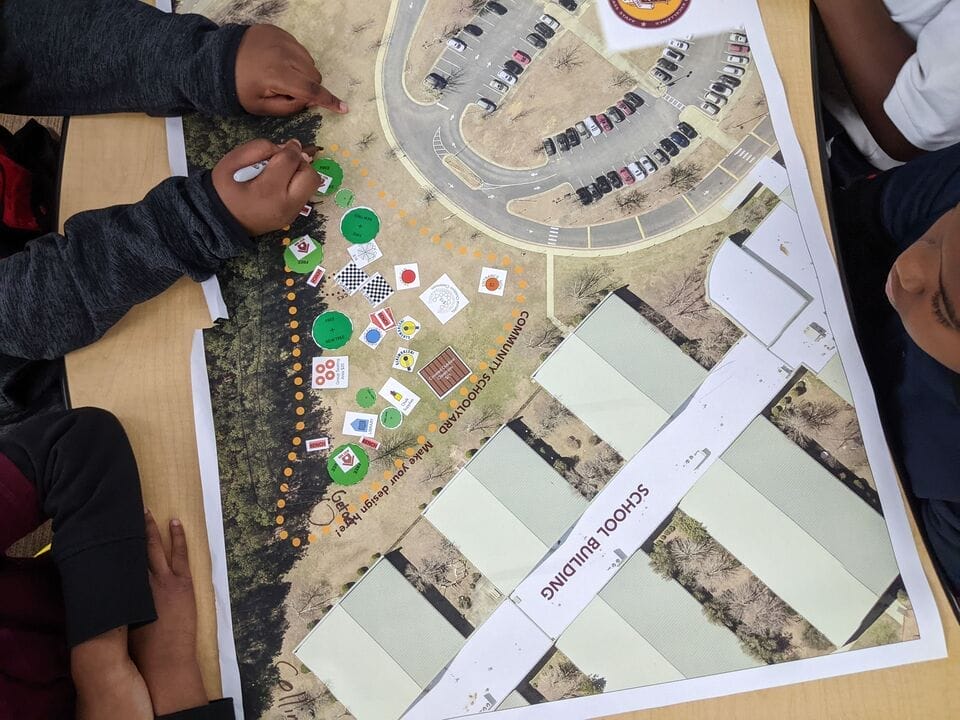
For children and families, easy access to a safe and welcoming place to play can make a life-changing difference. Unfortunately, public health is too often determined by zip code. But if all schoolyards were opened to the community after hours, millions more people would have access to a new park within a 10-minute walk of home.
Click “Show Answer” to see if you are correct!
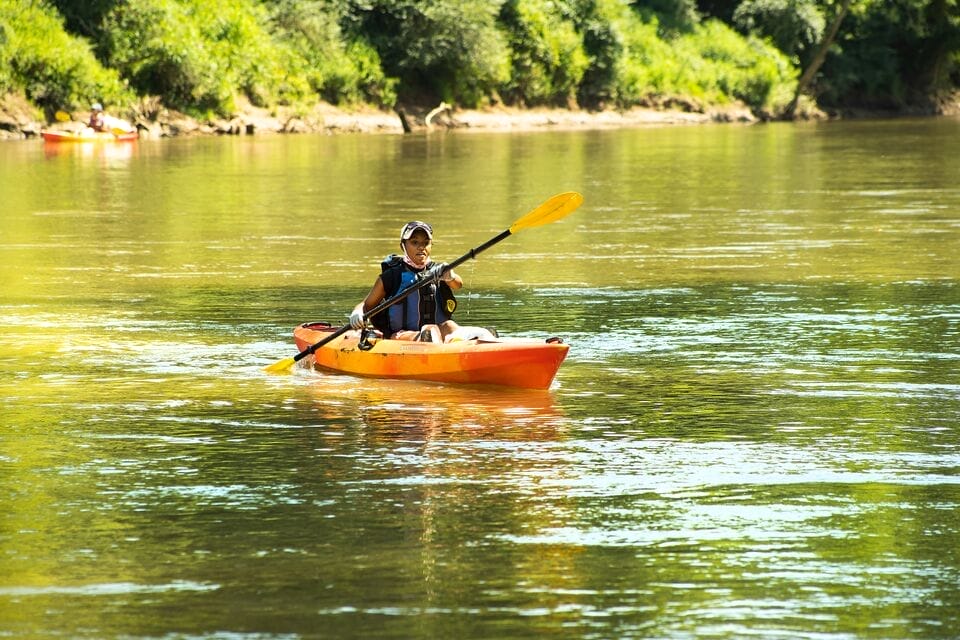
Waterways are the lifeblood of our planet. Investing in their improvement and protection can unlock equitable access to nature and outdoor recreation for millions while providing cleaner drinking water, improving flood control, and conserving wildlife habitat.
Click “Show Answer” to see if you are correct!
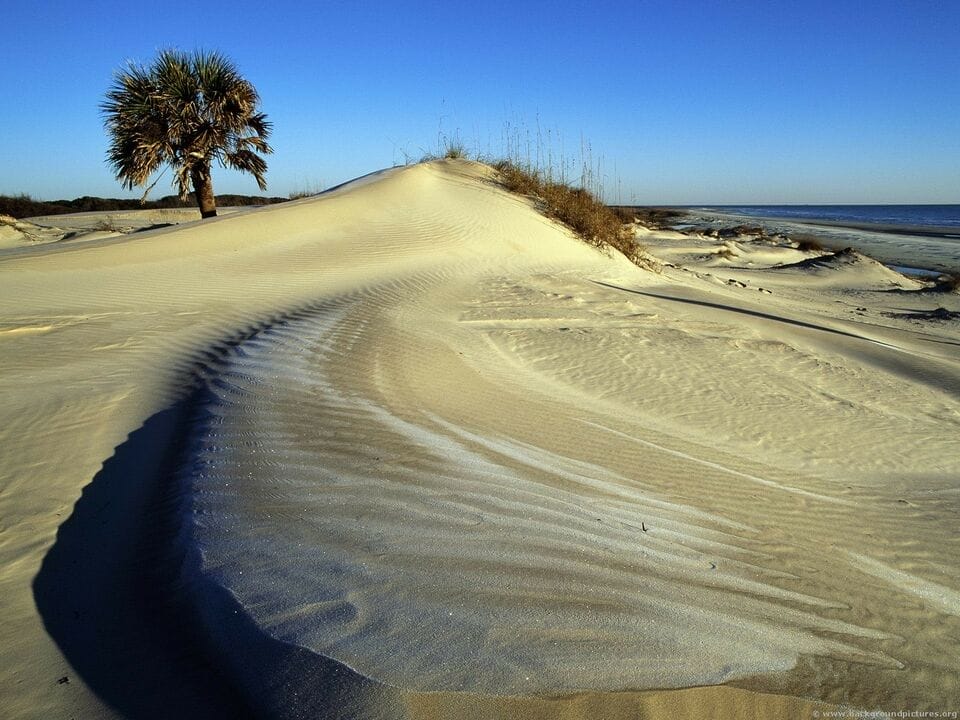
By 2050, we could lose 23 million acres of forest to development, logging, and fires—enough to cover the entire state of Indiana. And there’s much at stake if we lose our outdoor spaces—protected lands help promote clean air and water, bolster job creation and outdoor economies, safeguard our future from climate change, and so much more.

